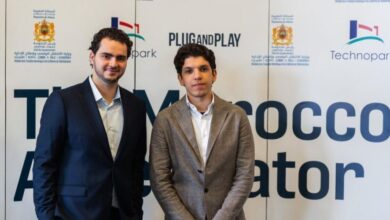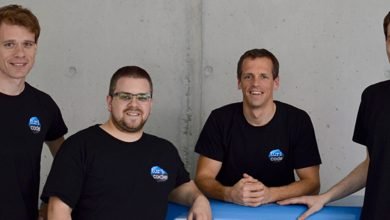Smart Cities Innovation Programme selects 31 African startups

Thirty-one African digital firms have been chosen to participate in the Smart Cities Innovation Programme, which will assist them to build up their goods and services in order to help cities change.
The six-month Smart Cities Innovation Programme, which was launched by the Rwandan Ministry of ICT and Innovation and the Deutsche Gesellschaft für Internationale Zusammenarbeit (GIZ), aims to assist African startups in scaling innovative products that can boost urbanisation potential, ensuring smart cities achieve inclusive and sustainable economic growth.
The initiative directly helps Africa’s urban development in accordance with the Sustainable Development Goals by scaling smart city ideas. Green City Kigali, Rwanda’s pilot effort for green urbanisation, is used as an application case for smart cities in the programme. Startups work on a viable business concept and investigate the possibilities of the Rwandan market by testing and adjusting their solutions under actual market circumstances.
After receiving more than 300 applications for the programme, 31 firms were chosen to participate in three tracks tackling common smart city topics: cleantech and smart housing, smart mobility, and fintech for affordability.
Scrapays, Koolboks, and Gas360 are three Nigerian companies on the first track, as are Rwanda’s Urbany Africa, South Africa’s Dove Air, Uganda’s EcoPlastile, and the Ivory Coast’s Messibat.
Six Kenyan businesses compete in the smart mobility track: Kiri EV, Mazi Mobility, Instadriver, BasiGo, Smatbeba, e-safiri, and Expendo. Rwandan firms Digital Blind Walking Stick, Gura Universal Link, and STES Group, as well as Tunisia’s Optimalogistic, Egypt’s Transport for Cairo, Ivory Coast’s EWarren Financial Services, Zimbabwe’s Tuverl, and Uganda’s KaCyber Security Tech, make up the remainder of the group.
In the fintech for affordability track, Kenya (Cladfy, Digiduka), Ghana (Cofundie, Naa Sika), and Uganda (Payclide, Flow) each have two firms, along with Malawi’s Angle Dimension, Zambia’s Insure Pay, and Rwanda’s Mopay.
Six months of holistic assistance will be provided to these businesses, including virtual and physical training, individual coaching, and mentorship from seasoned professionals. They’ll also get access to the program’s corporate and public partners, as well as investors, providing for plenty of networking and matching opportunities.





